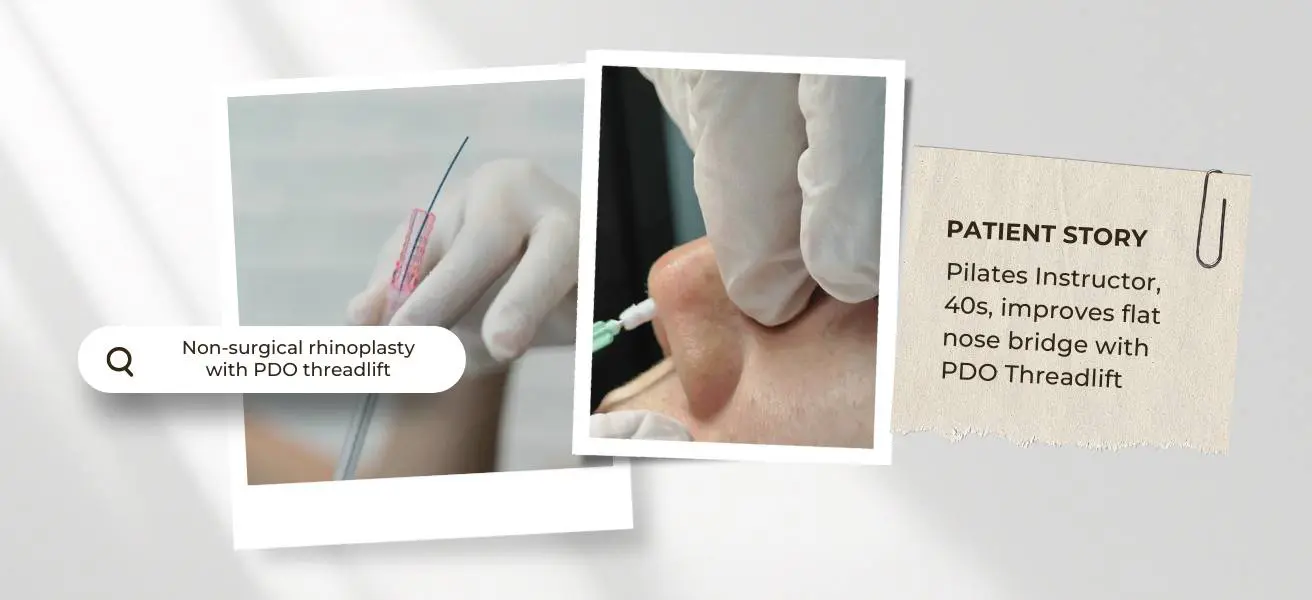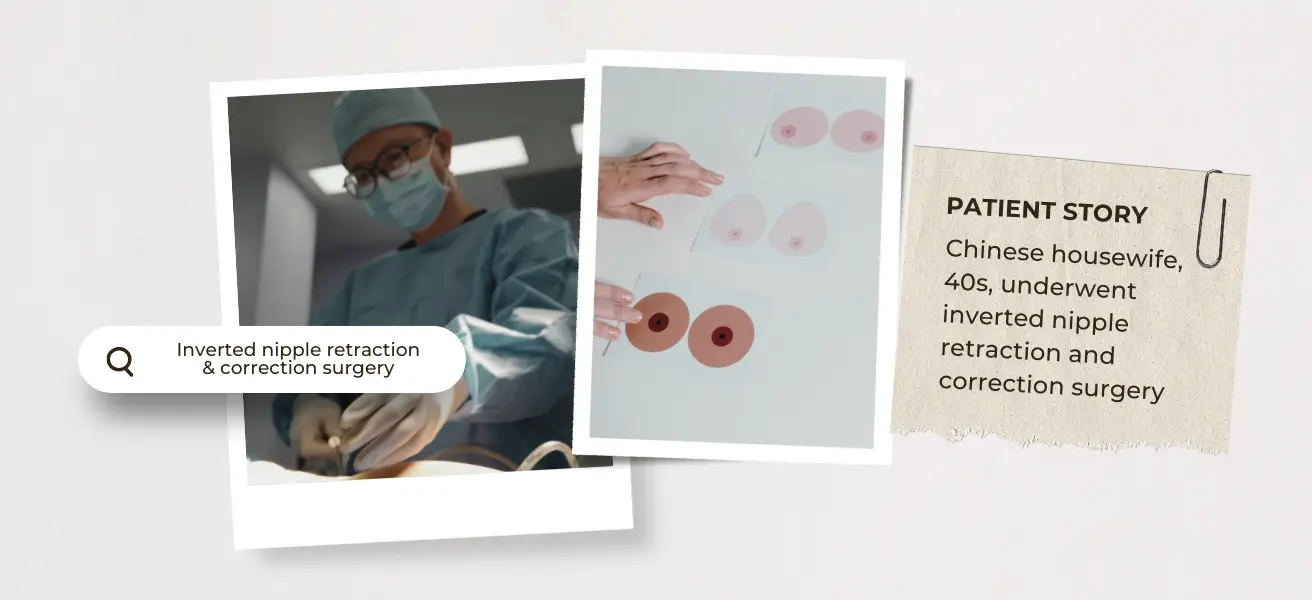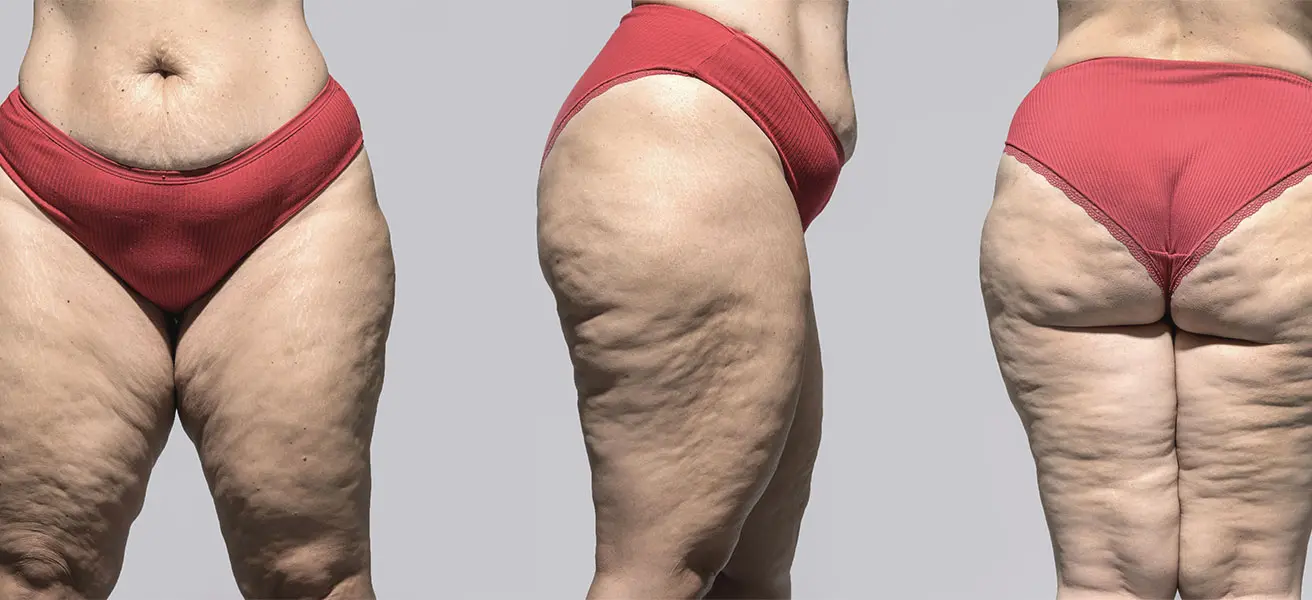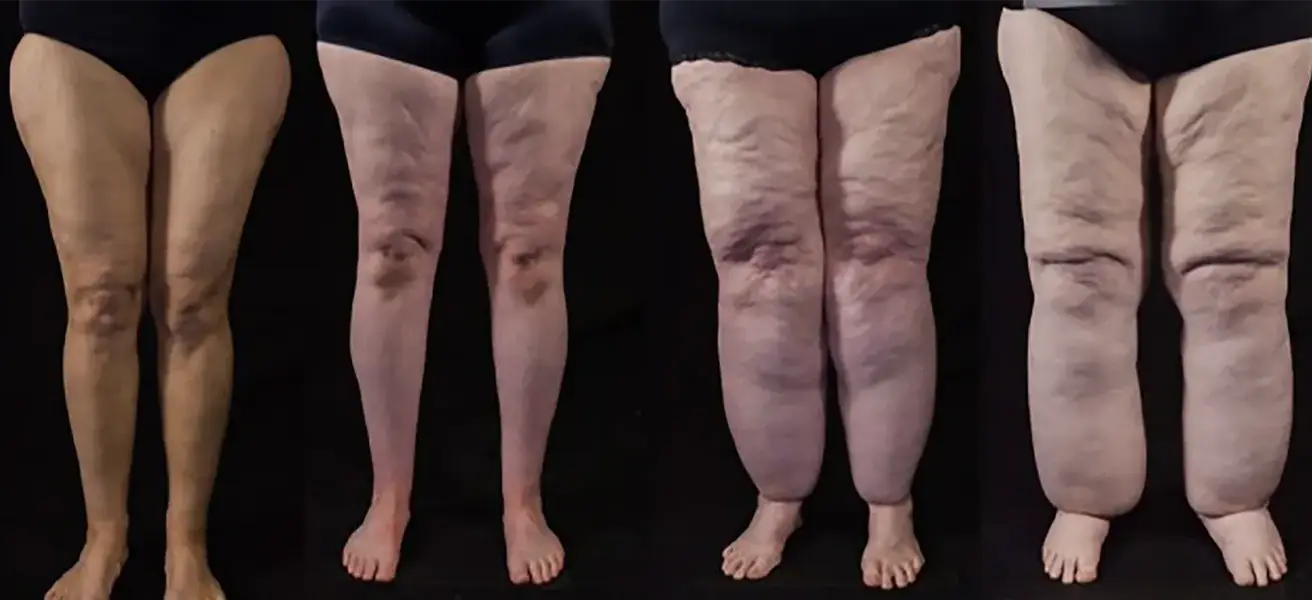Here is a breakdown of the different grades, how gyno affects your self-esteem, and what can be done to get you ready for your NS journey in full confidence.
Table of Contents
When I read in my early 20s that neurotoxin injectables could help reduce migraine pain, wild horses couldn’t have stopped me. Misguided or not, the migraine attacks stopped completely, and I had a smooth and bright forehead to boot. When the effect wore off, the migraine returned, along with the wrinkles, now twice the depth and double the length across my forehead.
It’s a double-edged sword. Treatments like wrinkle smoothing injections don’t hold back the years but rather draw a curtain over them. Under the temporary ironed appearance, your skin continues to age, unnoticed and uncared for. When we don’t take steps to treat our skin in our early years while it’s still plump and smooth, ageing accelerates.

How’s your skin health? Are you seeing more dark patches and freckles or sagging around the eyes and cheeks?
“There are two types of skin ageing: surface skin ageing and deep-skin ageing,” says Dr Ivan Puah, an experienced aesthetic doctor who holds a Graduate Diploma in Family Dermatology. Dr Puah is also the Medical Director of Amaris B. Clinic and doctors-trainer in cosmetics injectables appointed by Merz Singapore and Allergan.
“Surface-skin ageing shows up as pigmentation, discolouration or rough patches in the early 20s, usually from sun exposure and environmental factors,” he explains. “Deep-skin ageing happens as the body produces less and less collagen in later years.
The skin becomes thinner as oil and hyaluronic acid in the body decreases. This results in wrinkles and sagging skin. The skin loses its ability to ‘hold the fort’, and it happens to both men and women.”
How can we delay skin ageing?
For one thing, aim to maintain a healthy wash-tone-moisturise routine, no matter your age or how ‘good’ your skin looks. Also, never go to sleep with makeup on, as the chemicals can damage the skin’s delicate first layer. Use a good, non-comedogenic sunscreen, too, even if you’re indoors.
“Diet and hydration play a big role in skin health,” advises Dr Puah. “Think about what you’re feeding your cells. Drink water even when you’re not thirsty; the body needs constant hydration for the organs to function efficiently. And remember, the skin is your largest organ. Stop smoking, of course, and limit sun exposure to the early morning or late afternoon. Needless to say, sunscreen is a must.”
As you get older and notice lines or signs of photoageing from your mid-20s, it may be time to graduate to anti-ageing products. A good skin doctor can assess your skin condition and advise on the correct type of treatment depending on your age, health and lifestyle.
There’s a wide range of serums available, containing retinol, alpha hydroxy acids (AHAs), beta hydroxy acids (BHAs), hyaluronic acid and vitamin C. “On many levels, genes, lifestyle and hormonal changes during menopause affect how the body ages,” observes Dr Puah. “Ethnicity and melanin also dictate how your skin reacts. Many of these factors cannot be mitigated without professional help.”
You can trick the eyes by applying makeup to cover surface skin ageing, but what about deep-skin ageing?

Protecting Skin From Sun Overexposure
Protection from ultraviolet (UV) rays should be a staple practice in our daily lives.
Sunscreen with an SPF factor of 30 or higher is safer as it provides a broader spectrum of protection. People with sensitive skin or other skin issues may want to seek a dermatologist's advice as the product they need may not be readily available over the counter. Additionally, clothing with an ultraviolet protection factor (UPF) label also minimises the harmful effects of overexposure to the sun.
Wide-brimmed hats, sunglasses that offer UV protection, lightweight, long sleeve shirts and pants are just some items that provide such protection. Also, try to stay in the shade whenever possible.
Stop/Avoid Smoking
One of the most challenging habits to eradicate is smoking. If it can't be done overnight, although many have successfully done so, reducing one's consumption and/or engaging in healthy activities as a substitute is a good start. Avoiding places and situations where the temptation to light up is ever present is another.
Among others, smoking can influence and change skin colour. The good news is that a study has shown that this effect will reverse within 4-12 weeks of smoking cessation [1]. Age spots and other skin ageing signs due to smoking are also reduced by stopping the self-damaging habit. Upon cessation, the body's ability to produce collagen is restored [2], improving skin appearance and texture. A reduced carbon monoxide level in the blood benefits the skin and enables the body and brain to perform and function better.
Diet Is Also Key
What we consume matters. Ideally, we should consume food that will give us the energy needed for our body to perform optimally. Of course, this doesn't mean we are not allowed to occasionally partake in a little act of self-indulgence, but it must be done in moderation.
Food high in sugar and white carbohydrates also accelerates the ageing process as they break down glucose levels. Opt for nourishing food like those high in Vitamin C that can help keep skin youthful. Lycopene is an antioxidant found in food items such as cooked tomatoes. It can help battle sunburn and sun damage, but it's important to note that while it can prevent further damage, it cannot eliminate existing spots.
Reduce Alcohol Intake
Alcohol is notoriously synonymous with dehydration, which is bad for the skin. The best is to avoid it, but keeping its consumption to a limited amount and in moderation is generally acceptable. Consumption of heavy alcohol has a relation to an increase in the appearance of facial lines, under-eye puffiness, and mid-face volume loss [3].
Dehydration deprives the skin of its opportunity to look healthy and good. Loss of water causes the skin cells to shrivel and, most often than not, results in a dull and aged appearance. Wrinkles, for example, become more pronounced.
Proper Skincare Goes A Long Way
Caring for the skin should be a part of an individual's daily routine. It is the largest organ and most obvious to the eye. Skincare products like moisturisers help to hydrate and keep skin looking and feeling fresh. Coupled with sunscreens - these are the two most essential skin products anyone must have as part of their skincare tools and regime.
Knowing which skincare items are beneficial is only half the battle won. The other half is knowing how to apply them appropriately and properly.
Address anti-ageing with Ultherapy and SkinHydra Booster

Ultherapy
This is a non-invasive skin lifting treatment that uses ultrasound to generate thermal effects beneath targeted areas of the skin. This triggers the body to make collagen by stimulating fibroblast activity. The procedure can help to lift skin on areas such as the cheeks, neck and even eyebrows. It’s also used to smooth lines and wrinkles on the décolletage. Results continue to improve over two to three months and can last up to a year or more. Remember to look for authentic ulthera medical providers as this procedure can only be performed by doctors.
SkinHydra Booster
SkinHydra Booster administered to five points on the face addresses skin laxity (sagging skin), skin dehyration, and thinning of skin layers. It can be paired with other aesthetic treatments such as Ultherapy, HIFU, anti-wrinkle injection (BoNTA) or lasers. It rejuvenates and hydrates skin while helping the body to produce collagen and elastin and is recommended for the mid and lower face, as well as other delicate areas of skin such as the neck and décolletage.
To find out if the treatments are suitable for you, it is advisable to schedule an appointment and speak with the doctor.
What's best for your and your skin health?
No two bodies and skin are the same. Each patient is unique, and so are individual preferences, needs and wants. Dr Ivan Puah treats patients from all walks of life and has years of experience in key areas of aesthetic medicine, dermatology, liposuction, fat grafting and gynecomastia surgery.





























